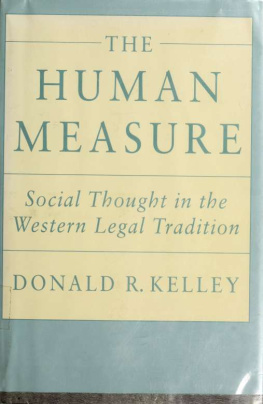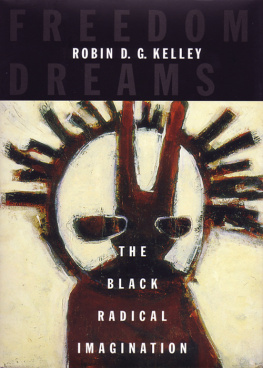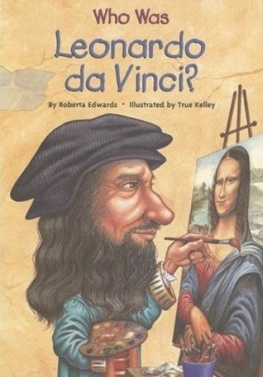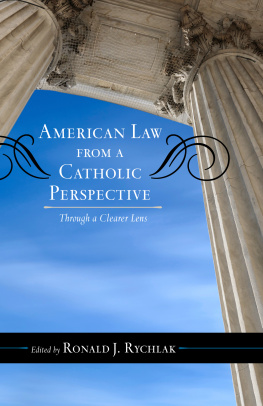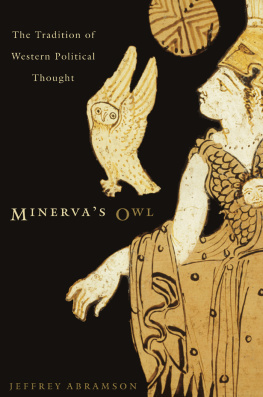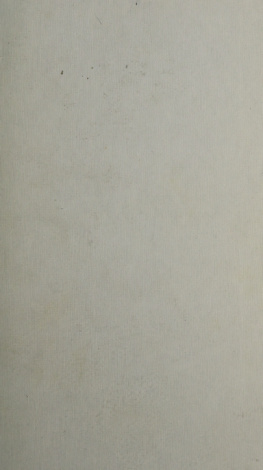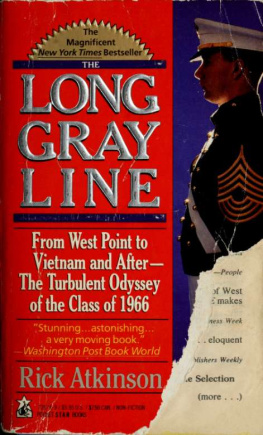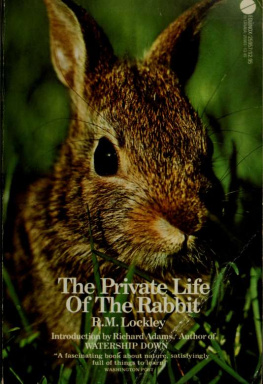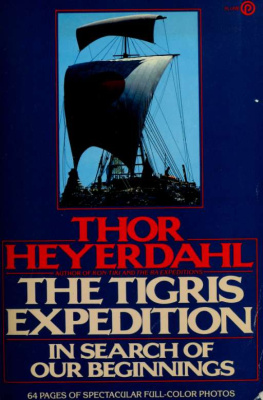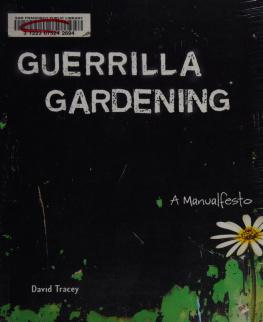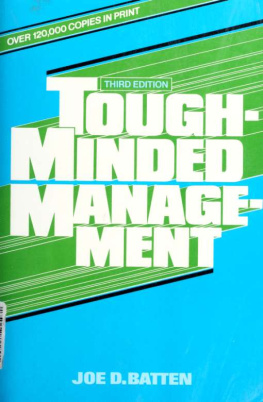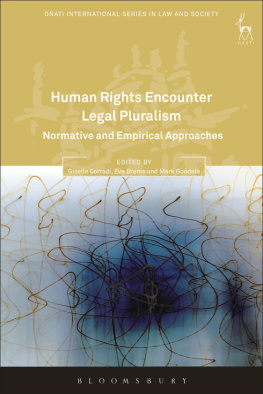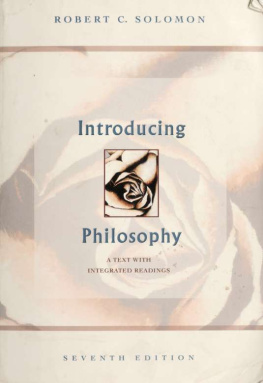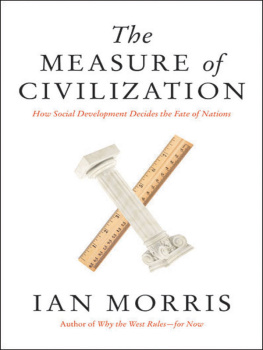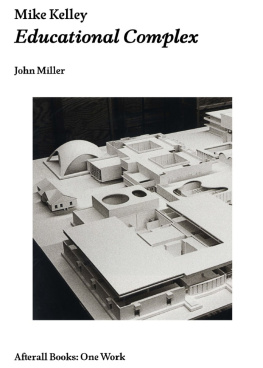This book made available by the Internet Archive.
6 Germanic Intrusions 89
Consuetudo 89 Barbarian Law 93 Feudal Law 96 Customary Law 99 The Theory of Custom 104
7 Medieval Reconstruction 109
Twelfth-Century Revival 109 Civil Science 113 Canonic Science 118 The New Ius Gentium 121
8 Jurisprudence Italian Style 128
Mos Italicus 128
The Interpretation of Law 132
Ratio Iuris 137
Usus Modernus 140
Civil Humanism 144
9 Tradition and Reform 148
Theological jurisprudence 148 Canon Law in the World 153 Conciliarism and Reform 157 The Bondage of Law 160
10 English Developments: The Common Law 165
La Commune Ley i6j Second Nature 168 The Law of Laws 174 Pure and Tried Reason 180 Beyond the Common Law 183
n Jurisprudence in the French Manner 187
Mos Gallicus 187 The World of Nations 190 Systematic Jurisprudence 196 Coutume and Coutumier 199 The Spirit of French Law 202
12 The Philosophical School 209
The Search for Method 209
Perfect Jurisprudence 213
The Spirit of the Law 219
The Problem of Codification 222
The Death and Rebirth of Nomos 225
13 The Historical School 229
Historical Jurisprudence 229 The New Science 234 Juristic Anthropology 239 Historische Rechtsschule 243 Law and the Social Question 246
14 From Civil Science to the Human Sciences 252
Law Transcended by Philosophy 252 Law Subverted by Economics 257 Law Surpassed by Anthropology 264 Law Overpowered by Sociology 269
15 Conclusion: The Legacy of Nomos 276
Social Scientism 276 The Human Measure 279
Notes 285
Index 349
Preface
La coutume est une second nature qui detruit la premiere. Pascal, Pensees
An ancient topos, "Custom is second nature," best locates the theme of this book, and a comment by Pascal gives it further definition. Although an admirer and intellectual beneficiary of Montaigne, Pascal differed from him on one point, which was the attempt to justify the idea of custom on the basis of reason. "Montaigne is wrong," wrote Pascal. "Custom should be followed only because it is custom, and not because it is reasonable or just." 1 People "believe that truth can be found, and that it exists in law and custom... and take their antiquity as a proof of their truth"; but in fact and humanly, Pascal wrote, "there is neither truth nor justice to introduce into them." Custom formed its own ground and established its own rationale and legitimacy.
Elsewhere, in defense of this view, Pascal performed his own variation on the ancient canon. "Custom is a second nature which destroys the former," he wrote. "For is custom not natural? I am very much afraid that nature itself is only a first custom, as custom is a second nature." In this locus modernus of ethical relativism, skeptical humanism, and inadvertent historicism, Pascal took the side of Thrasymachus against Socrates, of the Sophists against Plato (of Nietzsche against Kant), and asserted his doubts about the cosmic powers of human reason. For, as he wrote, "When I commenced the study of man, I saw that these abstract sciences are not suited to man," although on the grounds of religion rather than sophism he concluded, "True nature being lost, everything becomes its own nature; as the true good being lost, everything becomes its own true good." 2
In this way Pascal, even though he himself was a devotee of mathematics and natural philosophy and was living in an age of "scientific revolution," reaffirmed the autonomy of the human sciences, as Vico was to do more elaborately in the next century, and denied that they needed a transcendent foundation in a First Nature. This has not been an uncommon reaction to the complexities of the human condition and an awareness of the ocean of language in which we all, conceptually, must swim. In Nietzscheanand Heracliteanhyperbole, "The 'apparent' world is the only one: the 'real'
world has been lyingly added..." 3 By its own lights and in its own terms, humanity is the name-giver, the myth-maker, the source of law, the creator of meaning. Whatever religion or philosophy may propose, self-knowledge requires manhumankindto create its own measure, within its own horizons, under its own conditions, and through its own imperfections. This age-old search for a human self-measure, within the confines of language, is the theme of this work.
"Nomos" is the name I have associated with the present project for a dozen years. Of course I might have called the book The Idea of Law (on the analogy of, and with borrowed lustre from, R. G. Collingwood's Idea of Nature and Idea of History), except for the restrictive connotations of this word "law." For the polyvalent root term Nomos has hadacross many cultures, ancient and modern, pagan and Christianmany meanings: not only law but also custom, pasturage, a familiar place, even "history" {etiam dicitur historia, says an editor of Suidas). 4 In my late, perhaps postmodern, usage it is intended to designate a fairly coherent set of problems which have been part of the perennial effort to understand and to cope with human society, culture, and collective experience over time. This of course begs more than one questionwhat are human "society," "culture," and other such metahistorical categories?but then the naming process is itself a seminal part of social and "nomical" thought. Nomos implies the recognition of repetitions or regularities, the communication of common experiences, the establishing of rules, and the defining of "laws" the discovery, in a phrase, of a human measurewhich constitute the premises and "forejudgments" of more systematic thinking about (if not management of) collective human behavior.
The present work is in part an extension of, in part an atonement for, some of the interpretations offered in my first book, Foundations of Modern Historical Scholarship. That work was devoted almost exclusively to expressions of early modern historical, even proto-historicist, attitudes. So it neglected some of the larger and more traditional views of human culture, and it tended to undervalue the roles of imitation and myth in historical scholarship. Here I should like to redress the balance somewhat by inquiring into other, perhaps more fundamental, characteristics of Western self-understanding, and by considering the longer reach of intellectual and linguistic tradition opened up by this same search for cultural self-understanding. A proper understanding of any aspect of this history ought to go back (as Renaissance scholars tried to go back) to the earliest usages and textual evidence; and in a modest way I have followed this old philological precept.

